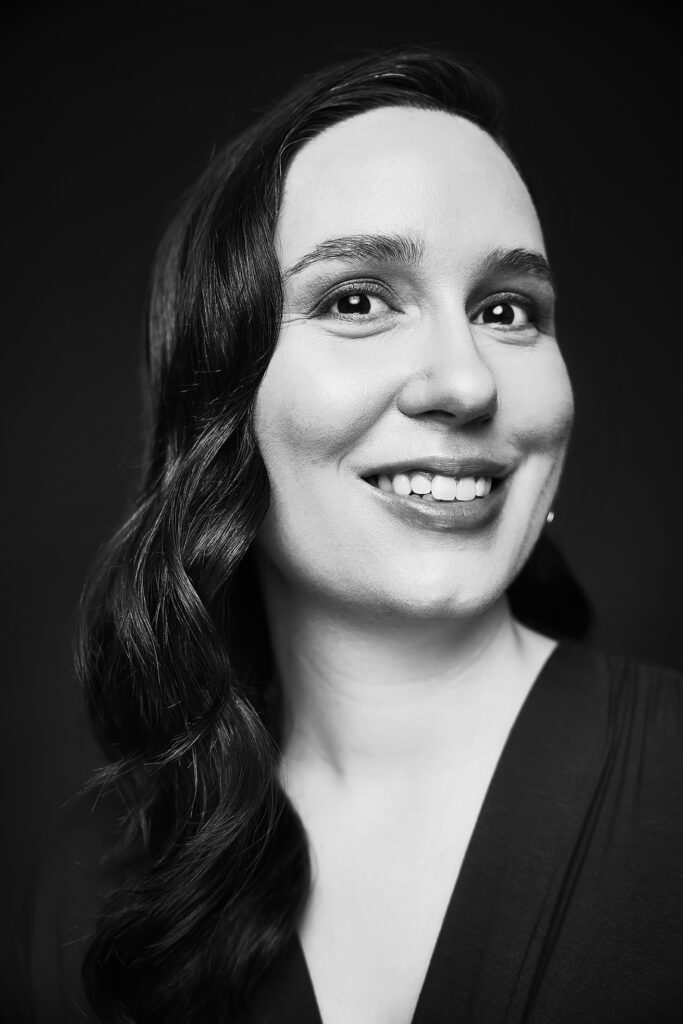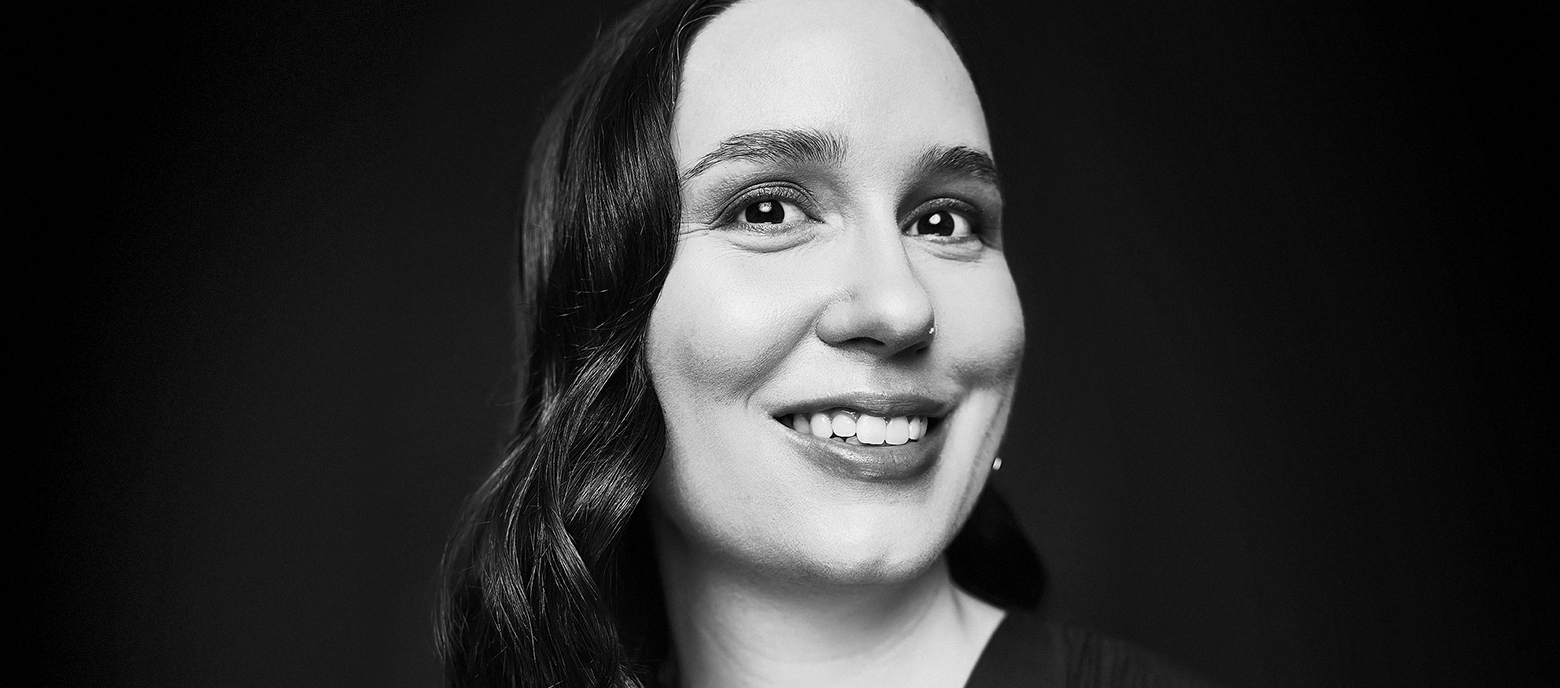In early 2021, Christine Wadsworth, then an associate at McCarthy Tétrault LLP, served on a legal team that defended TD Bank in a more than US$5-billion lawsuit. The case itself centred on the second-largest Ponzi scheme in history. For nearly two decades, Allen Stanford—the founder of Stanford International Bank, based on the island of Antigua—defrauded clients of billions of dollars. During most of that period, TD acted as a banking intermediary, helping Stanford’s bank move vast sums of cash throughout the financial system. In 2009, Stanford’s scam came to light, and his business empire collapsed. Amid the fallout, the liquidators handling the implosion sued TD, alleging that it had ignored warning signs of fraudulent behaviour.

Christine Wadsworth
Partner, McCarthy Tétrault LLP
Year of call: 2014
The case went to trial. In a crucial cross-examination, Wadsworth got one of the plaintiff’s key liability experts to acknowledge that he had no familiarity with the Canadian Bank Act—a stunning admission. “It was great to watch,” says Geoff Hall, a partner at McCarthys who led the defence team. “She thoroughly, methodically took the expert apart piece by piece.” Ultimately, the trial judge dismissed the lawsuit. One year later, the Court of Appeal for Ontario upheld that victory. (As of late March, a leave application to appeal the decision at the Supreme Court of Canada was still pending.)
Wadsworth, now a partner at McCarthys, is devoted to the art of litigation. “Oral advocacy is definitely what I’m most excited about,” she says. At 35, her CV is impressive in both its quantity and breadth. She’s defended doctors in malpractice suits, represented financial institutions in high-stakes litigation and acted on behalf of accounting firms.
The Bay Street superstar is also active in the broader legal community. Wadsworth has taught evidence law at Osgoode Hall and trial advocacy at the University of Toronto. And she’s the co-director of a program that McCarthys runs in partnership with Downtown Legal Services, offering pro bono legal counsel to low-income individuals who’ve been charged with a criminal offence. “Access to justice, especially in criminal-justice cases, is a continuing problem,” she says. “My first pro bono client had a number of criminal charges hanging over his head. When I successfully got them dropped, it had a powerful impact on me.”
This story is from our Spring 2023 Issue.
Photography by Daniel Ehrenworth. Hair and makeup by Jasmine Merinsky.


